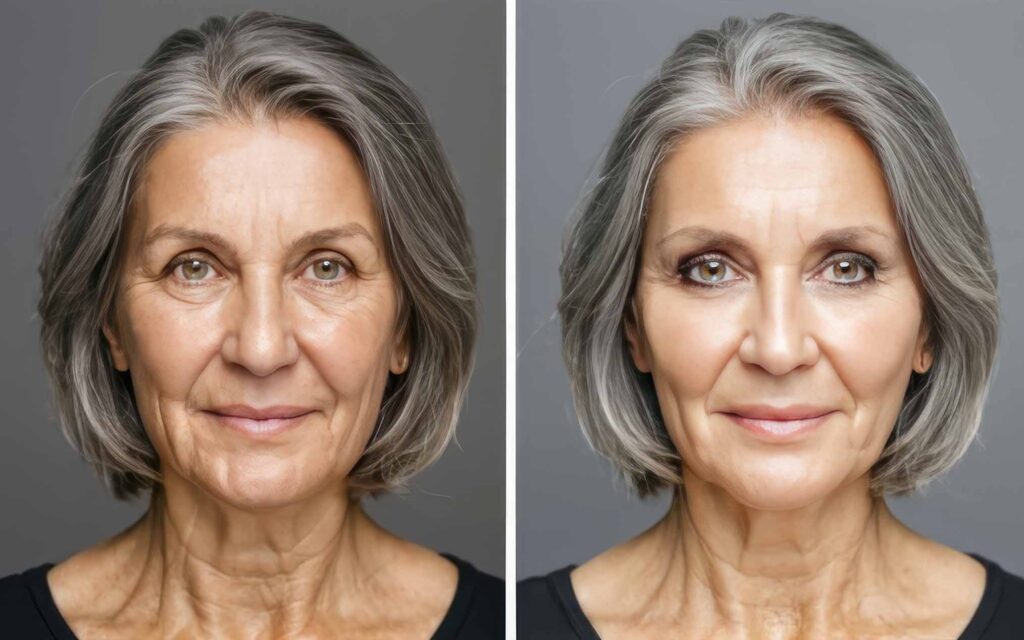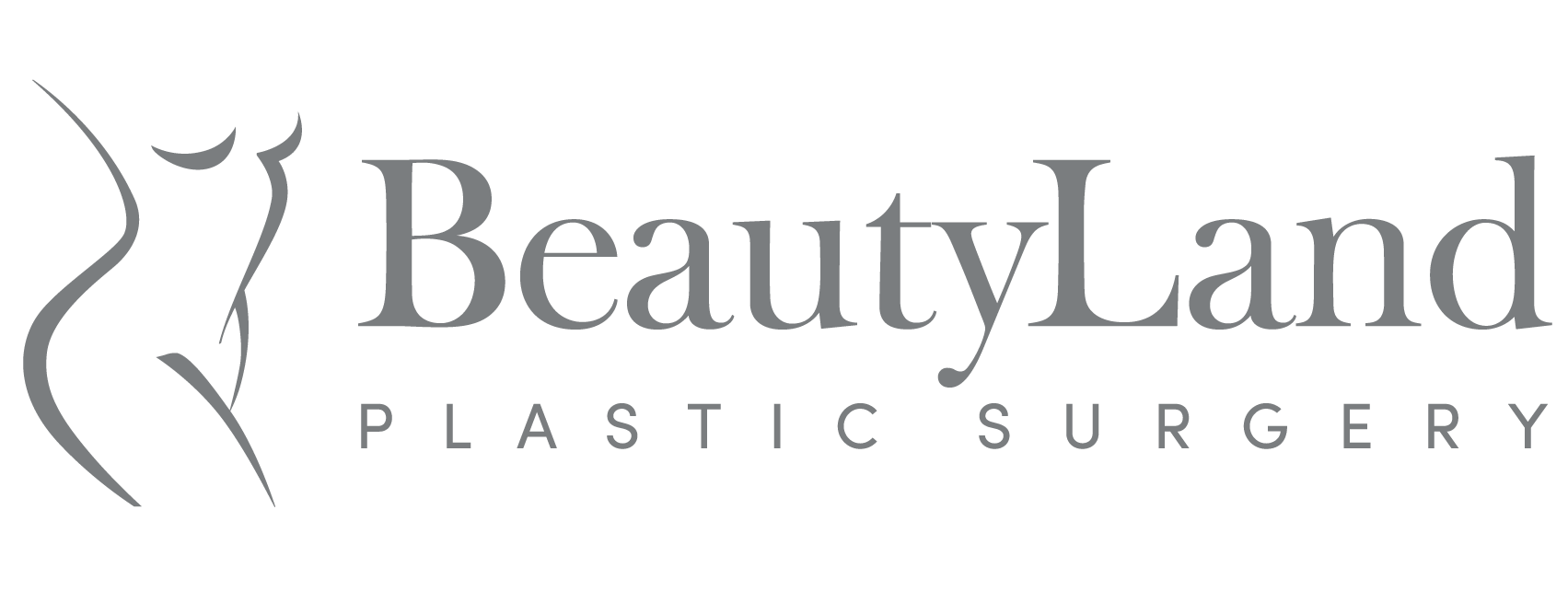Considering facelift surgery is an exciting step toward rejuvenating your appearance and boosting your confidence. At BeautyLand Plastic Surgery, we aim to provide you with a comprehensive understanding of what to expect before, during, and after the procedure. Our expert surgeons, Dr. Oliver Pope Simmons M.D. and Dr. Jaime Flores M.D. are here to guide you through each stage of the process, ensuring you feel informed and comfortable.

PIP implant removal in Miami: What you need to know





